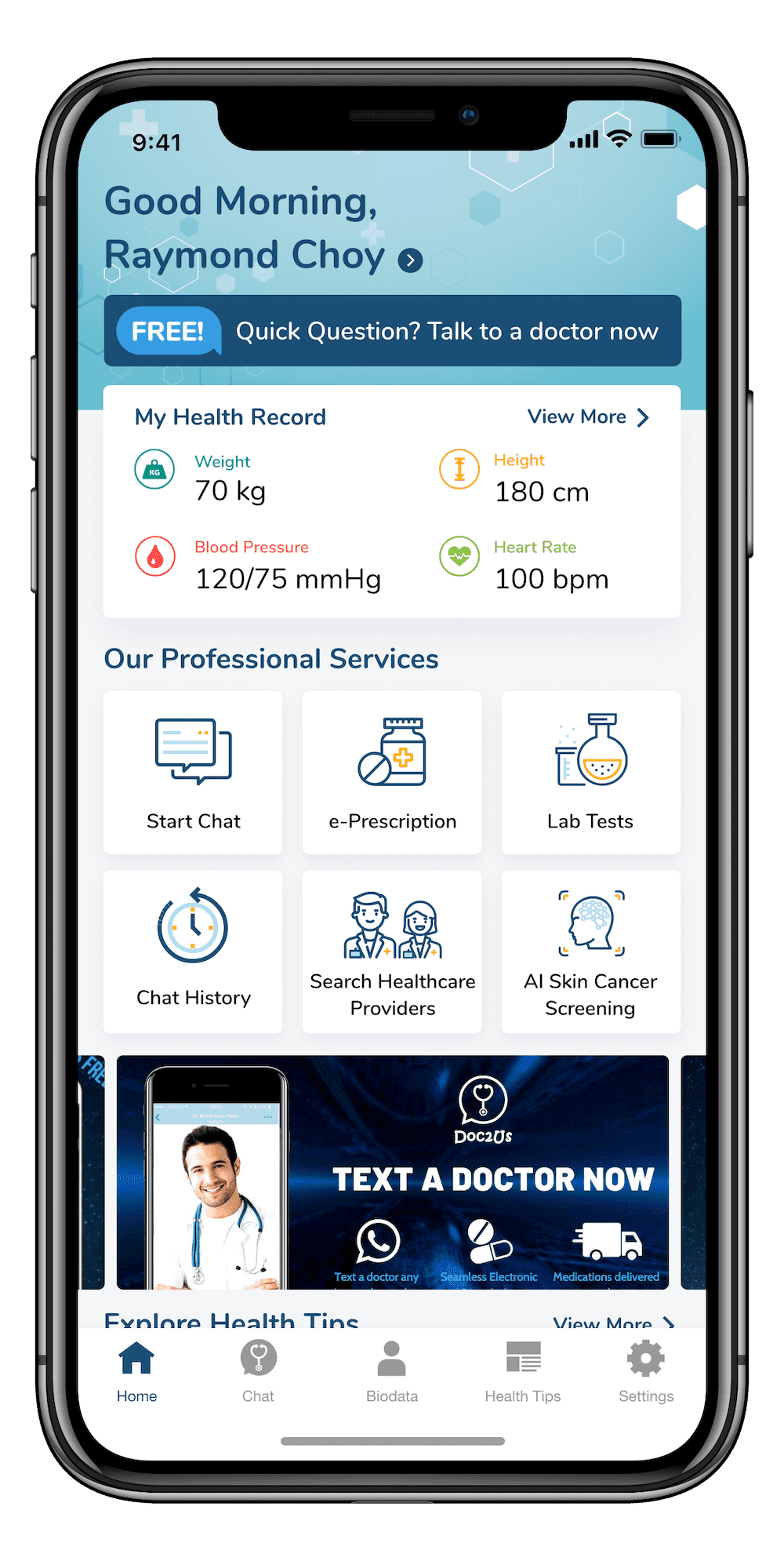Money is important to happiness. Having a higher income, for example, can give us access to homes in safer neighborhoods, better health care and nutrition, fulfilling work, and more leisure time.
But even though most people assume that “money” or “things” will lead to more happiness, studies show that your mental health status might just be a greater concern than your monetary status, when it comes to happiness.
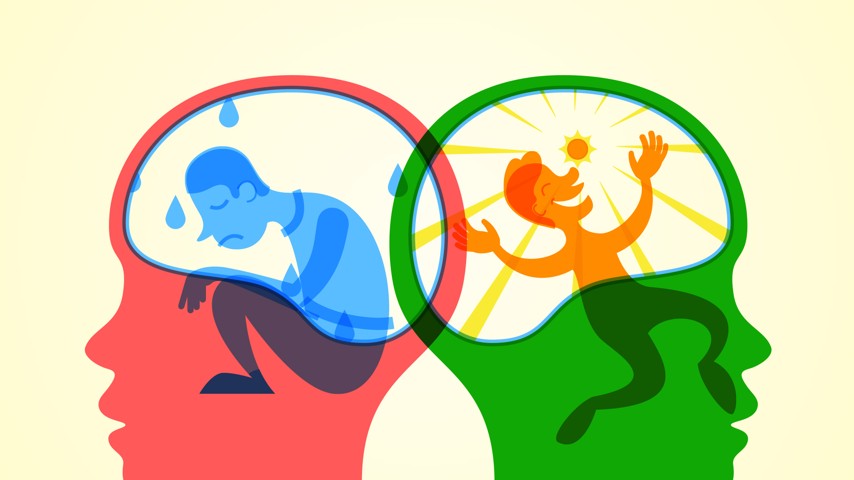
So What Buys More Happiness than Money?
Exercise.
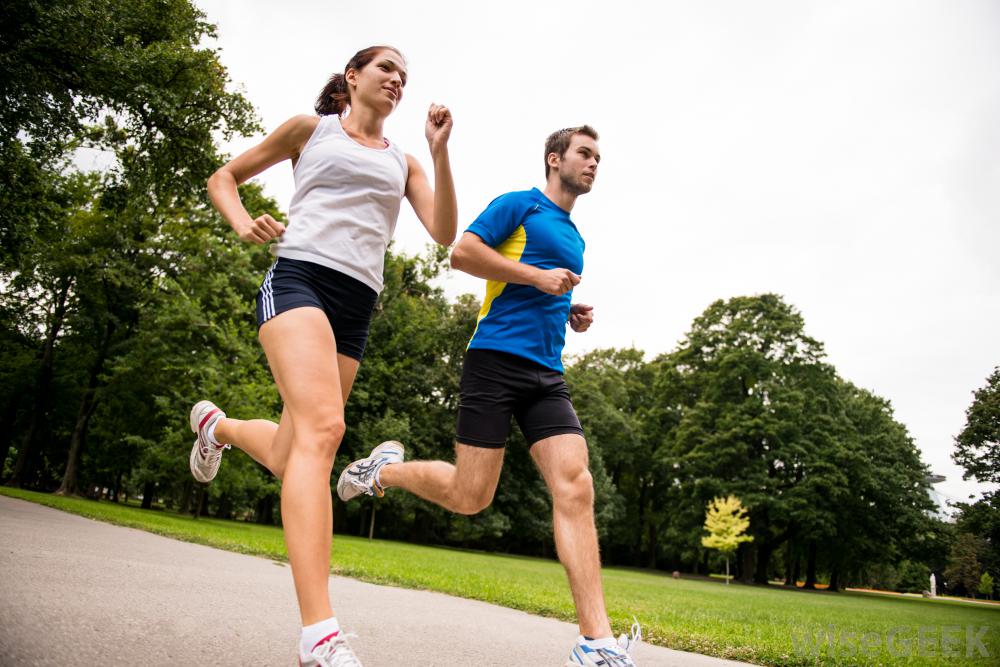
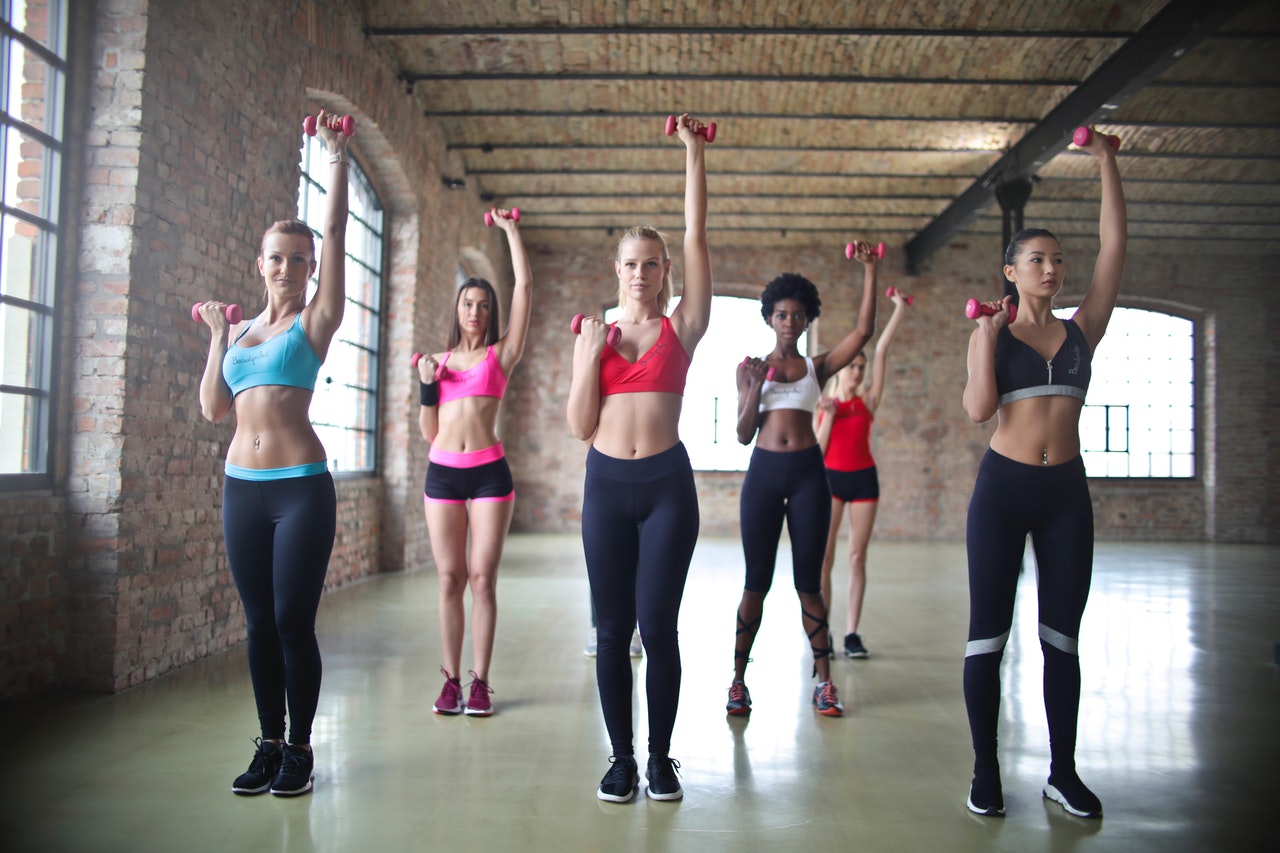
According to a study from researchers at Yale and Oxford, on average people who exercised regularly shows a lower frequency of having “mood swings” (35 days a year) compared to those who are not physically active (53 days a year).
The happiness-boosting effect of doing exercise or sports goes a long way to improve your general mood, the quality of your sleep as well as support your immune system.

So how much exercise should I do?
On a weekly basis, the ideal training sessions would be between 3-5 sessions, ranging between 30 to 60 minutes. Anything more than that might be detrimental to your mental health.
As for the type of exercise, it doesn’t matter what exercise you do. Some happy people walked or jogged. Others practiced yoga-style posing and stretching.
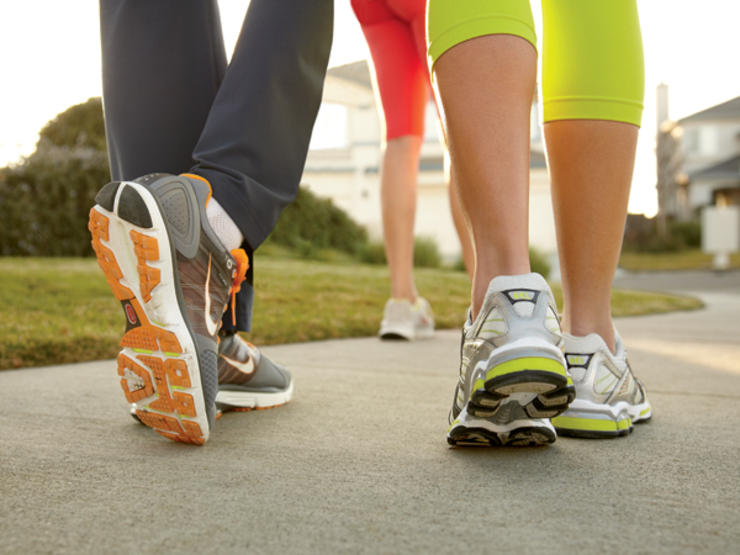
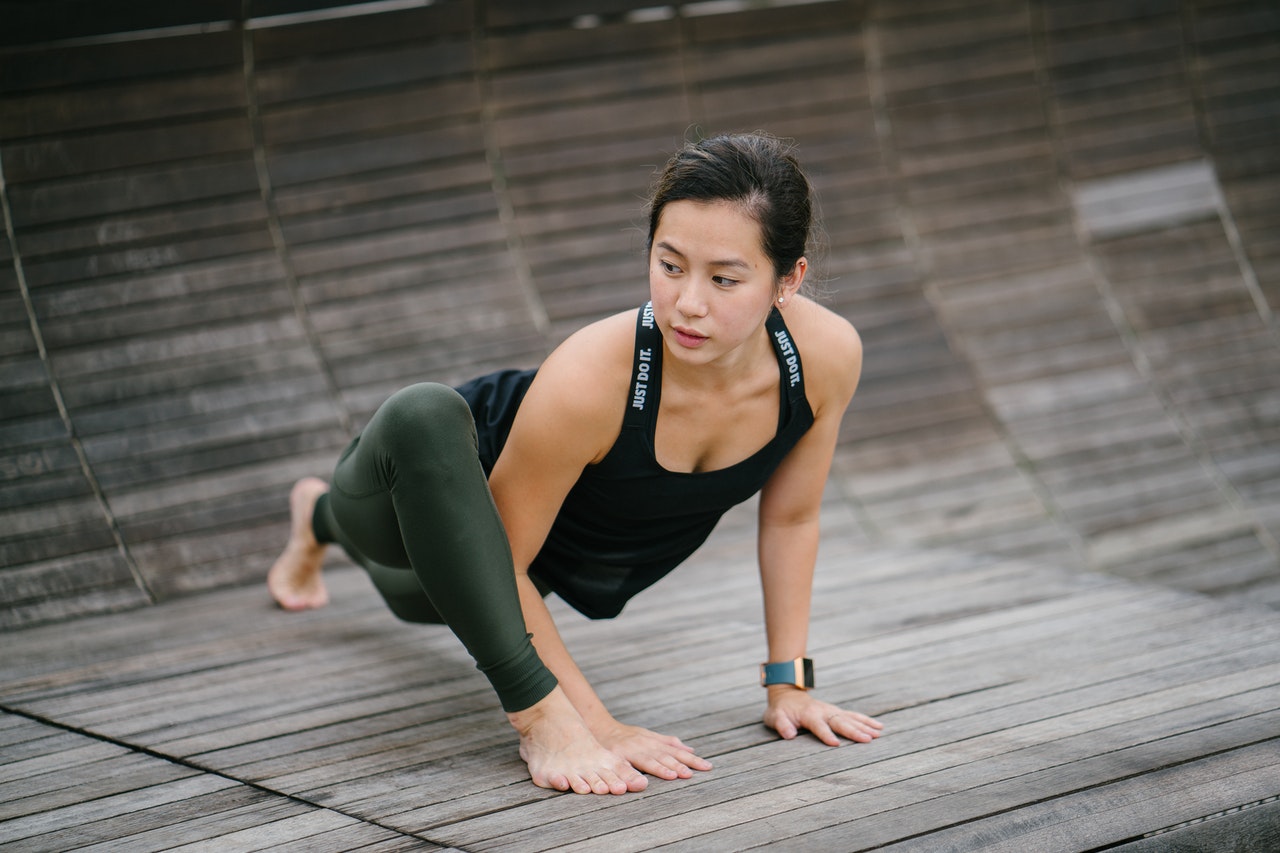
In essence, whether you go for a walk or participate in a high energy team sport, doing something is better than doing nothing. If you find some activities or exercises that you love and you love doing it regularly, you’ll be one step closer to happiness and less stressful life.
Download our Doc2Us app from Google Play Store or Apple Store and chat with a doctor now.
References:
-
Business Insider. (2019). Exercise makes you happier than money, according to Yale and Oxford research. [online] Available at: https://www.businessinsider.com/exercise-makes-you-happier-than-money-says-yale-and-oxford-study-2019-4/?IR=T [Accessed 14 Apr. 2019].
-
Australian Fitness Academy. (2019). How exercise makes you happy. [online] Available at: https://www.fitnesseducation.edu.au/blog/health/how-exercise-makes-you-happy/ [Accessed 14 Apr. 2019].
Image Credits:
1.https://www.peresourcesbank.co.uk/gcse-pe-continuous-training-student-mind-map/continous-training/
2. http://www.trackmy.fit/fitness/5-immediate-benefits-exercise/
3. http://www.kicksguide.com/know-which-walking-shoe-type-to-buy/
4. https://www.medicalnewstoday.com/articles/319157.php
5. https://www.cdc.gov/mentalhealth/index.htm
